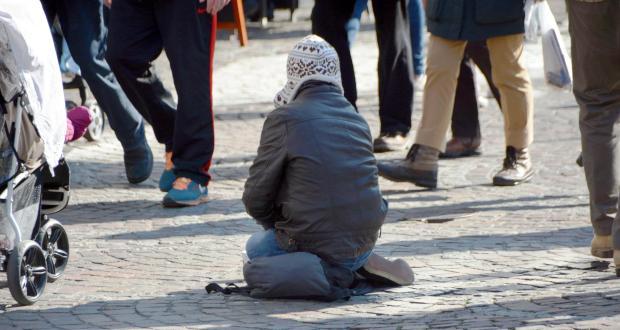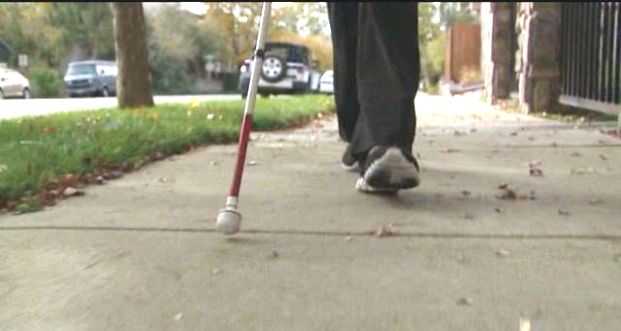The Good Samaritan Teaches Us That A True Neighbour Lovingly Embraces The Problem

Fr Dexter Brereton, CSSp
Click Here For This Sunday’s Readings
To fully appreciate today’s Gospel reading of the Good Samaritan, it is important to get some background for historical context. Upon the death of King Solomon, the region of Samaria became the centre of the Northern Kingdom with the division of the united monarchy. This region later fell to the Assyrians in the year 722 B.C. These conquerors carted away most of the Jewish inhabitants and replaced them with foreigners drawn from other parts of their empire. The new arrivals intermarried with the Jewish inhabitants and the result was a race of people whose blood was too mixed to be considered part of the covenant tradition, by their neighbours to the South. Moreover, these northerners, held only to the five books of the Pentateuch and worshipped on Mount Gerizim in Shechem, whilst for the Jews of the Southern Kingdom, Jerusalem was the only place to worship. Thus, over time, there grew up mutual animosity between these two related peoples.
The Samaritan in this story, given this background was an unwelcome stranger in a hostile country. He is plainly in Jewish territory on the road from Jerusalem to Jericho. But the scandal of Jesus’ story goes even deeper. He is returning from Jerusalem. According to some scholars, this leaves open the possibility that he had in fact been worshipping at Jerusalem. Thus, this story, already difficult for Jews to hear, because of the Samaritan’s heroic status, would also have been difficult for the Samaritans to swallow. His association with the Jerusalem temple and his travel within Jewish territory, would have made him a national traitor. Nonetheless, this man, this unwelcome stranger, proves to be the hero of Jesus’ story, the one character who acts as a “neighbour” to the injured man and thus, a splendid moral example. The lawyer at the end of the story is forced to admit to the uprightness of the Samaritan’s action but cannot even bring himself to identify him. When asked which of these men proved himself to be a neighbour, the lawyer retorts: “The one who took pity on him.”
For our bible meditation, it is useful to consider ourselves in the footsteps of the main protagonists in the story. You can follow the story in the footsteps of the Samaritan, or the priest, or the Levite, or in the footsteps of the victim, himself. In my time in parish ministry, I have often found myself, acting like the priest in Jesus’ tale. In the context of the story the Priest and Levite ‘cross over to the other side’ to avoid the possibility of the ritual contamination which would occur, if the man happened to be dead. This would render them unable to perform service in the temple and it was a troublesome process to purify themselves. Thus, they chose to simply avoid the problem and, in the process, fail to act as true neighbours to the injured man.
As I think of the man who fell into the hands of brigands, I am reminded of parishioners who we would term “bacchanal-ish”. This neologism is taken from the Trinidadian English word “bacchanal” which means confusion or scandal. Many of these persons are troubled and are locked in conflict or mired in some kind of mental confusion. Some time ago, there appeared a woman who started wearing a very long veil at Holy Mass which covered her face. She seemed very pious and quiet, but I tended to keep her at ‘arms-length’. Moreover, she did not like dealing with parish lay leaders but insisted on speaking only with
‘the Priest’. As a result, others tended to leave her alone. Much like the priest or Levite, I feared the ‘contamination’ that she would bring to my life. It was easier for me to leave her at the side of the road and dismiss her as crazy.
Another friend of mine, who I will call Kathy, one day approached me very bold-facedly to minister to someone living plainly outside the bounds of the parish. I explained this to her and with some irritation she explained to me her difficulty in getting priests to tend to this sick aunt of hers. She found our position hard since the aunt’s origins were clearly buried in our own parish. She seemed a little odd, to be honest. She was a communion minister but told me quite frankly that she did not like serving communion at parish masses. She preferred to go to the sick and bed-ridden in their homes. These were the people who needed her ministry. I reluctantly got involved in administering the Sacrament of the Sick to this aunt of hers who came from my parish but was no longer my parishioner. I would have preferred to avoid the problem and ‘pass by on the other side’, but for some reason, I did not. It was fortunate that I did. Kathy turned out to be a good friend and by the time she died, I considered her a great apostle. She was a wonderful discovery, someone who I truly admired.
Finally, on a national level, last week, the East Port of Spain communities, some of the poorest in the nation, erupted in violence and blocked roadways over the deaths of a number of young men at the hands of the police. The social situation faced by those citizens is like a festering sore on the national body. From time to time the sore runs with pus, the situation turns violent until it ‘scabs’ over, without the underlying wound really healing. Many persons, had their business days severely interrupted in the disturbances. I am sure that many of these simply wanted to be rid of these troublesome people. As I read the gospel passage, I was moved to consider them as ‘victims’ who, ‘fell into the hands of brigands,’ all they had was taken, and they were left for dead. The cries of these communities are not coming from a place of complete innocence, but neither are they coming from a place of complete evil. Like the priest and Levite, most of the national community would prefer to avoid the problems, the contagion that comes with attempting to come to grips with what is a very messy situation in these depressed areas. Many of us have crossed to the other side and have taken refuge in demonizing and stigmatizing communities already stigmatized. I pray that there will be Samaritans who will come forward to pour oil and wine on their wounds. I pray that we as a national community may not be so much obsessed with our desire for calm, peace and normalcy but may make the time to sit with them for a while and listen.




